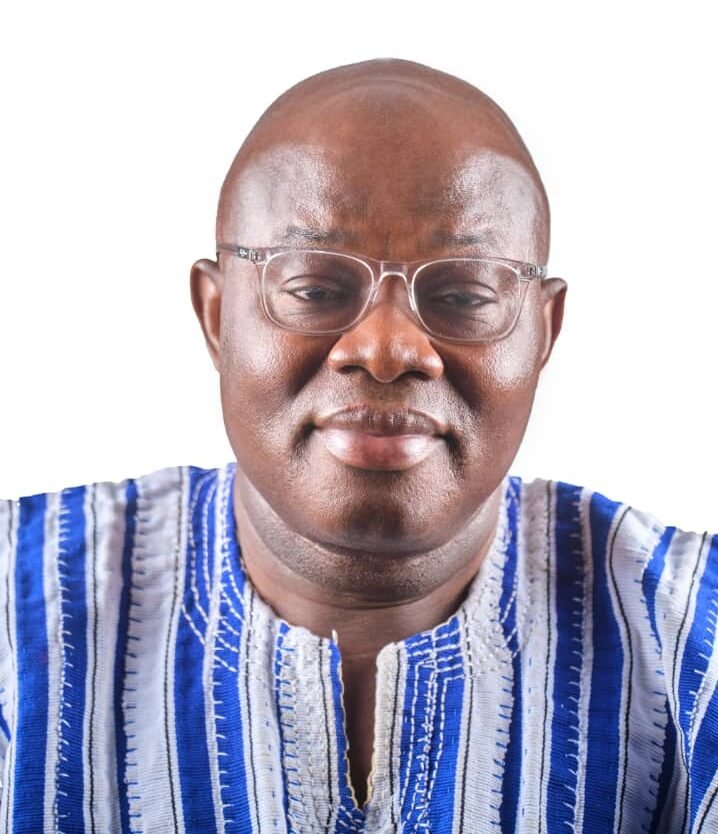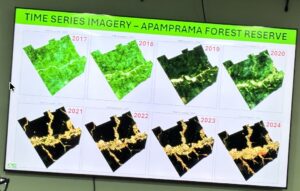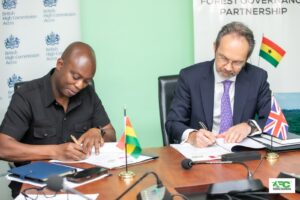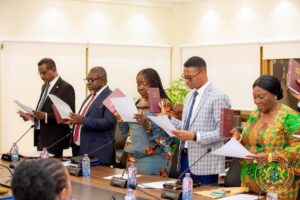
Dr Lawrence Appiah
Dr. Lawrence, the founder of the Diaspora Progressive Movement in the USA, has launched a blistering attack on Ghana’s Supreme Court, accusing it of becoming “confused and dangerous” in its recent rulings. In a statement that has sent shockwaves through the political and legal spheres, Dr. Lawrence questioned the impartiality and predictability of the court, referencing remarks from former Chief Justice Sophia Akuffo and Hon. Ken Dapaah that have raised concerns about the judiciary’s bias towards the ruling New Patriotic Party (NPP).
Dr. Lawrence did not mince his words, stating that the current judiciary seems to have “lost its way,” with decisions that, in his view, serve political interests rather than upholding the law and protecting the rights of ordinary Ghanaians. He pointed to a number of recent rulings that have sparked outrage, particularly those involving the right of citizens to prove their nationality and the legitimacy of elected officials.
One of the most controversial decisions, according to Dr. Lawrence, was the Supreme Court’s ruling that the birth certificate is not a valid legal document to prove Ghanaian citizenship. “This is the same document that is used to acquire both a Ghanaian passport and a Ghana card. If the birth certificate is not valid, then what does that say about these other critical national documents?” he asked, calling into question the very foundation of Ghana’s national identity system.
The founder of the Diaspora Progressive Movement also highlighted the court’s handling of the Assin North case, where the court blocked Hon. James Gyakye Quayson from representing his constituency for months. In contrast, the court allowed three NPP MPs to remain in Parliament despite missing sessions for just 24 hours. Dr. Lawrence asked, “How can a lower court be more sensible than the highest court in the land? The inconsistency in the Supreme Court’s rulings is nothing short of alarming.”
Dr. Lawrence also condemned the court’s recent involvement in the case of Hon. Afenyo-Markin, which resulted in Parliament being shut down. He suggested that the Supreme Court’s intervention was designed to satisfy personal interests rather than uphold the constitution. “Hon. Afenyo-Markin ran to the Supreme Court for all the wrong reasons, and now Parliament is in a mess,” he said, further accusing the court of losing touch with the will of the people.
Additionally, Dr. Lawrence criticized the court for its failure to act on the lack of representation for the people of SALL (Sene, Assin, Lower Manya, and La), who had no voice in Parliament for four years. “Would they have been left as orphans if they lived in an NPP stronghold? This is the kind of injustice that the Supreme Court has allowed to fester in the system,” he remarked.
Drawing a stark warning for the future of Ghana’s democracy, Dr. Lawrence argued that the Supreme Court’s actions threaten the very fabric of the nation’s constitutional order. “If the majority of Ghanaians don’t wake up now, one day, this Supreme Court will throw the constitution away in the name of ‘interpretation,'” he cautioned.
In his call for action, Dr. Lawrence urged Ghanaians to vote for change in the upcoming December 7 election, advocating for a massive vote for John Mahama and the National Democratic Congress (NDC). “We need to reset the judiciary, and that starts with resetting the Supreme Court. If we don’t act now, the decisions of this court will one day significantly hurt you,” he warned. “The Supreme Court has already taken away your birthrights; it’s time for a change.”
With his sharp critique, Dr. Lawrence is clearly pushing for a political and judicial overhaul that he believes will better serve the interests of the people. “Aba no, Mahama afa,” he concluded, using a local expression that encourages voters to rally behind Mahama and the NDC to restore the balance of power and protect the rights of Ghanaians.
As the December elections draw closer, the question remains: Will Dr. Lawrence’s call for judicial reform resonate with voters, or will the Supreme Court’s controversial rulings continue to cast a long shadow over Ghana’s political landscape? Only time will tell.







